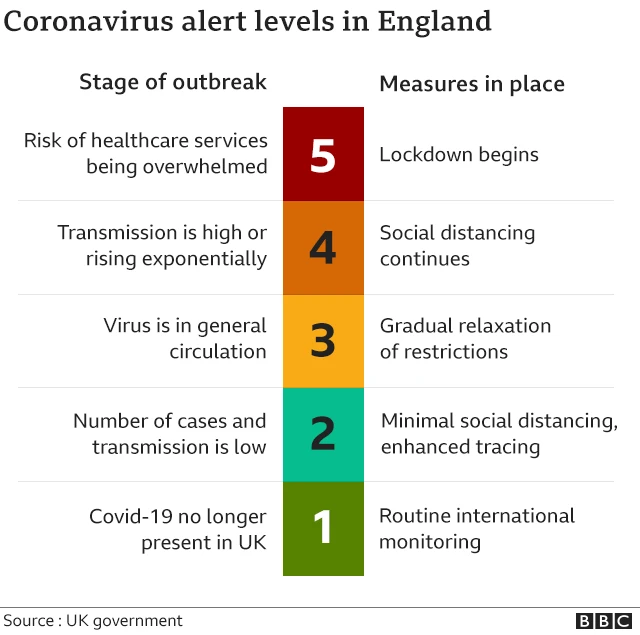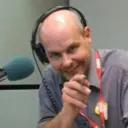Sweden cut out as Denmark reopens borderspublished at 18:25 BST 15 June 2020
Adrienne Murray
Copenhagen
 Image source, Getty Images
Image source, Getty ImagesThere were long queues at Germany's border with Denmark on Monday
Visitors from Norway, Iceland and Germany are now allowed into Denmark. Police reported traffic queues several kilometres long, as German holidaymakers crossed the southern border.
However, Denmark and others among the usually close Nordic countries have excluded Swedes, blaming the country’s higher level of coronavirus.
“It’s terrible for us. We want to be able to travel,” one local in the Swedish city of Malmo told the BBC. “A lot of people work there, they have families there.”
“Historically the Nordic countries have been so close to each other," says one woman. "Closing their borders, I don’t think it’s logical."
But while most Swedes are locked out of Denmark, Danish residents can cross into Sweden.
On the train back from Malmo to Copenhagen across the Oresund Bridge, one Danish traveller said he wasn’t worried about the virus.
“I went to a party, a small party and I’m going home again,” he said. “If you go to north Sweden there are many sick people. But not in south Sweden.”











